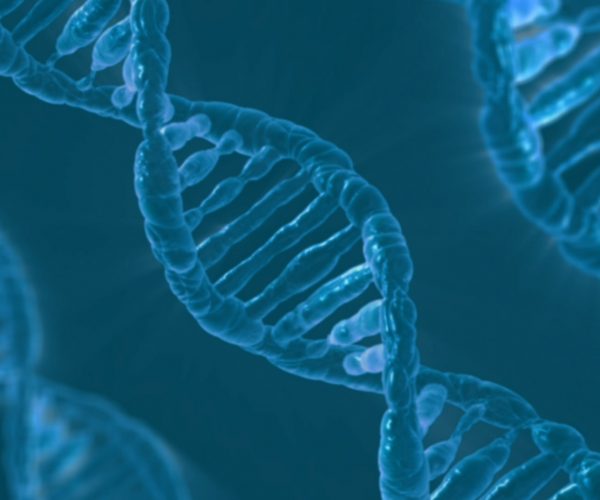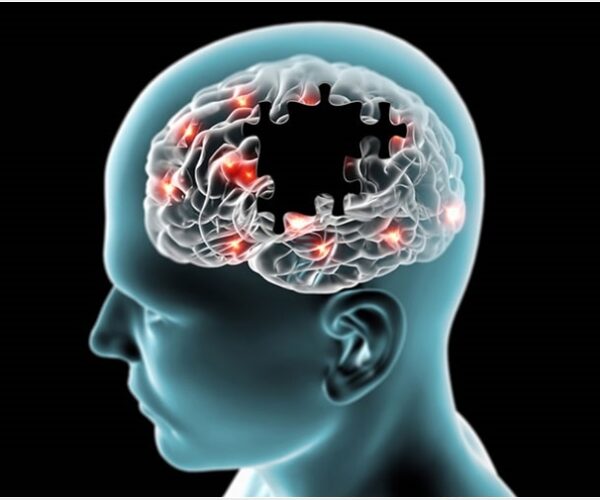Insights into mechanisms underlying Alzheimer’s disease
Dr. Xavier Gallart-Palau at the Institut Investigació Sanitària Pere Virgili, Tarragona, Spain, together with Dr Aida Serra of the IMDEA Research Institute Food & Health Sciences in Madrid, Spain, and with Dr. Siu Kwan Sze of Nanyang Technological University, Singapore, is driving forward research concerning the mechanisms underlying Alzheimer’s disease (AD) and its progression.
This international collaboration led by researchers from the Pere Virgili Health Research Institute has studied the mechanism responsible for Alzheimer`s disease and its progression. Alzheimer`s disease is the major cause of dementia, a term used to describe a loss of memory and cognitive abilities. The disease accounts for 60-80% of all cases of dementia. Currently, there is no cure for it, only treatments to suppress the symptoms. The researchers set out to determine the mechanisms behind Alzheimer’s, with the ultimate goal of finding a treatment for the disease, delaying its onset, and prevent it from developing.
In this light, the researchers revealed that so called “extracellular vesicles”, small structures responsible for transportation of matter between cells, play a major role in Alzheimer disease. They not only found out that these vesicles present in Alzheimer patients have a different composition, but moreover they discovered that these are present in the brain`s bloodstream in pre-clinical phases. This means that patients at risk of developing Alzheimer could be identified before onset of the actual disease. A study is currently underway to validate this new finding on a larger patient population.
Dr. Gallart highlights: “Possessing the latest generation of omics techniques in particular of clinical proteomics is extremely essential for the identification of new clinical diagnosis and prognosis markers and for understanding the mechanisms for the establishment and progression of the pathology. “
Additionally, researchers have found that autophagy, a mechanism within the cell that removes damaged proteins and cell-parts, is altered during Alzheimer. Normally this mechanism produces degrading vesicles, the disease however causes them to be non-degrading and instead incorporate into the communication system mediated by the previously mentioned extracellular vesicles. This finding is being further investigated and may open the door to understanding how Alzheimer’s disease progresses and impairs healthy brain cells. The studies carried out so far as a result of this collaboration have been published in the scientific journals Brain Pathology and Alzheimer’s Research and Therapy as well as in the international scientific journal Research Outreach.
Read the full article




